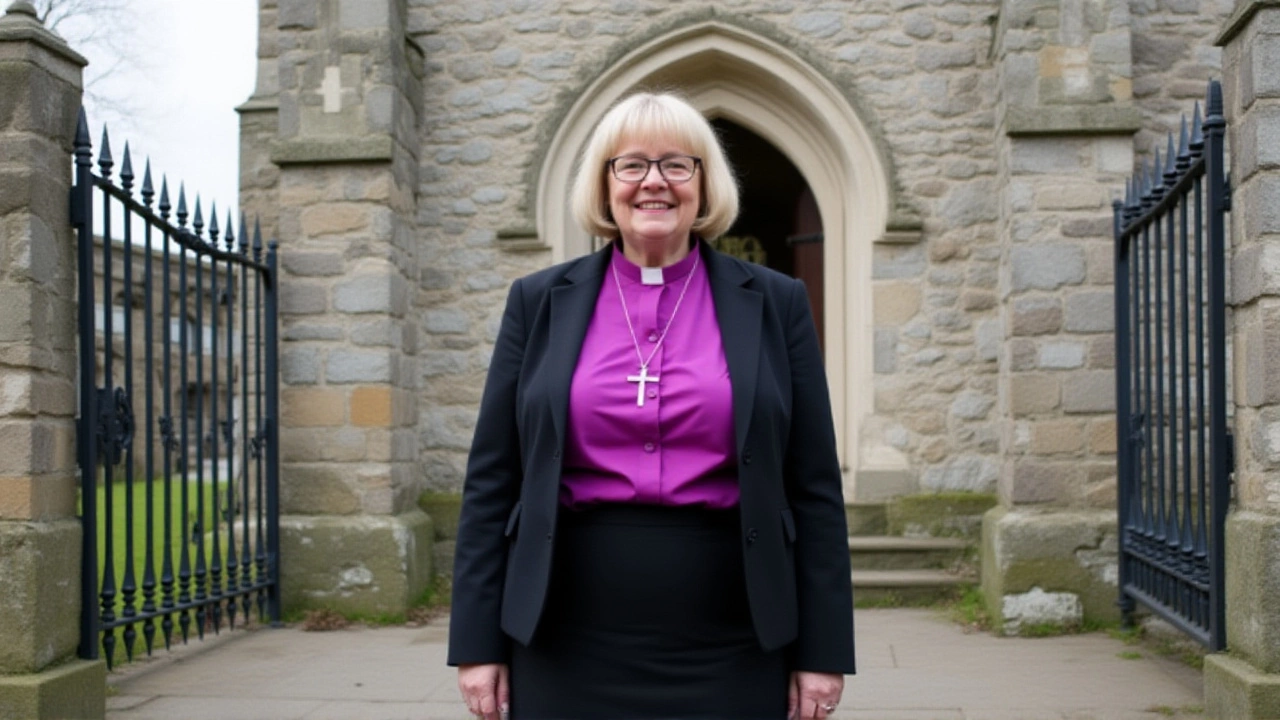Gender Equality in Rally Racing
When talking about gender equality, the fair treatment and equal opportunities for all genders in any field. Also known as gender parity, it shapes how rally racing, a high‑octane motorsport that blends tarmac, gravel and snow welcomes participants. In this space, women drivers, female competitors who pilot rally cars at speed are gaining visibility, and the push for broader motorsport diversity, the inclusion of varied backgrounds, genders and cultures in racing is accelerating. Together these ideas form a network of change that the articles below illustrate.
Why Gender Equality Matters on the Rally Stage
Gender equality encompasses equal representation in rally racing, meaning more seats for women as drivers, co‑drivers, engineers, and officials. The sport’s history is male‑dominated, but recent seasons show a rise in women drivers stepping onto the podium. Their success proves that skill, not gender, decides performance. At the same time, rally racing requires precise teamwork between driver and co‑driver; when a female driver partners with a seasoned co‑driver, the dynamic often highlights fresh communication styles that benefit the crew. This synergy demonstrates how gender equality can improve overall team performance.
Another key link: motorsport diversity influences fan engagement. Events that showcase diverse talent draw broader audiences, boosting sponsorship and media coverage. Sponsors are keen to back teams that reflect modern values, so they fund programs that train young women in rally navigation and car control. As a result, the pipeline of talent widens, and the sport becomes more resilient. This cause‑and‑effect chain—gender equality drives diversity, which fuels growth—underpins many of the stories you’ll find below.
Co‑drivers play a vital role in this ecosystem. A co‑driver’s job is to read pace notes, manage time checks, and keep the driver focused. When a co‑driver is a woman, the partnership challenges traditional stereotypes and shows that technical expertise knows no gender. The presence of women in the co‑driver seat also opens doors for them to move into engineering or team management roles later on. In short, gender equality requires support structures at every level of rally racing, from the garage to the podium.
Looking at the numbers, the International Motorsport Federation reported a 12% rise in registered female participants across all rally categories last year. While still a minority, that uptick signals momentum. Grassroots camps targeting girls aged 12‑18 teach basics of car dynamics and navigation. These camps often partner with professional teams, giving participants a real‑world glimpse of rally life. By investing early, the sport builds confidence and skill, turning curiosity into a career path.
One vivid example comes from a recent national rally where a mixed‑gender crew won overall. The driver, a seasoned male veteran, credited the co‑driver’s precise notes for shaving seconds off each stage. The co‑driver, a young woman, spoke about how her background in cartography helped her visualize the route faster than anyone else. Their win sparked media chatter about how gender equality can produce winning combinations, not just social goodwill.
Education also matters. Universities offering motorsport engineering now feature scholarships specifically for women, encouraging them to study suspension dynamics, engine tuning, and data analysis. These technical skills translate directly to rally performance, where split‑second decisions rely on data from the car’s sensors. When women bring fresh perspectives to data interpretation, teams can fine‑tune setups more efficiently, reinforcing the idea that gender equality enables better outcomes.
Finally, community support fuels change. Fans who cheer for female drivers on social media amplify their visibility, and race organizers who highlight gender‑focused events attract new sponsors. The ripple effect creates a virtuous cycle: more exposure leads to more investment, which leads to more participation, which in turn strengthens gender equality on the track.
The collection below gathers firsthand accounts, analysis, and updates that illustrate how gender equality is reshaping rally racing today. From cost breakdowns of professional rally cars to the vital role of co‑drivers, you’ll find a mix of practical advice and inspiring stories that show where the sport has been and where it’s headed.

Sarah Mullally Becomes First Female Archbishop of Canterbury
Sarah Mullally's historic nomination as the first female Archbishop of Canterbury marks a watershed for gender equality in the Church of England, with her installation set for March 2026.